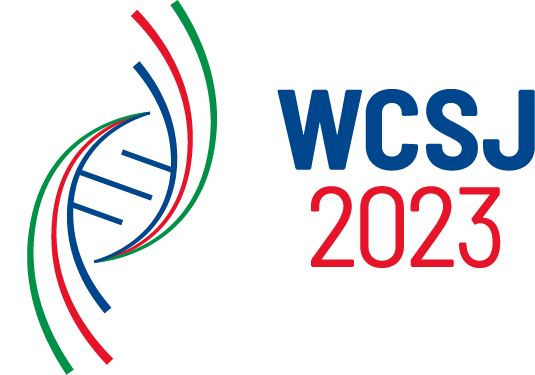GRID-Arendal – Environmental knowledge for change.
We offer science journalist a knowledge bank of environmental graphics, data, pictures, experts etc. The missing link between science and policy makers. We believe environmental communication is a powerful tool for shaping positive change. We're working hard to make it better.
GRID-Arendal is a non-profit environmental communications centre based in Norway. We transform environmental data into innovative, science-based information products and provide capacity-building services that enable better environmental governance. We aim to inform and activate a global audience and motivate decision-makers to effect positive change. Our vision is a society that understands, values, and protects the environment on which it depends.

Who we are:
GRID-Arendal is a multidisciplinary team of experts on a range of global environmental issues who work together with partners to find solutions to global challenges.
GRID-Arendal was established in 1989 by the Norwegian Ministry of the Environment to support environmentally sustainable development by collaborating with the United Nations Environment Programme and other partners.
We're here to make sure everyone gets the message. We believe that everyone should have access to unbiased, science-based information that helps them understand the environment and make informed decisions.
Please visit our webpage to access all our resources: GRID-Arendal

How we work:
Working with partners to make environmental data and information accessible and actionable.
We work closely with UN agencies, regional organizations, national governments, and other strategic partners to create positive environmental outcomes and impact, particularly in developing countries. A major focus for GRID-Arendal is supporting fulfilment of the Sustainable Development Goals, the Paris Agreement on climate change, and other regional and global commitments.
We make knowledge and data work for a sustainable future.

We're working to fight plastic pollution. Join the global movement!
You can play a role in ending plastic pollution. Did you know that every two seconds, 20,000 plastic bags are bought? During the WCSJ we will present and host several events to focus on the new treaty on plastic pollution.
Plastic pollution is a global crisis that needs urgent action. It is our responsibility to ensure a sustainable future for us and all generations to follow. Join us in telling everyone we come across that plastic waste pollutes our environment and harms our health. It’s time to act.
How to end plastic pollution?
UN Member States are now in the process of negotiating a new treaty to end plastic pollution. The deadline is 2024. An intergovernmental negotiating committee (INC) has been formed to develop a legally binding instrument on plastic pollution, including in the marine environment. https://www.unep.org/about-un-environment/inc-plastic-pollution
Plastic pollution constitutes a planetary crisis with impacts on ecosystems, biodiversity, the climate and human health. Without new and effective control measures, plastic production is set to double in 20 years and plastic waste leaking into the ocean is projected to triple by 2040. This is an unacceptable burden to place on future generations.
The High Ambition Coalition is a group of likeminded countries committed to end plastic pollution by 2040. The Coalition calls for the establishment of an ambitious and effective international legally binding instrument to protect the environment and human health from plastic pollution. The Coalition recognizes the imperative to develop common international and binding obligations and control measures in order to restrain plastic consumption and production to sustainable levels, enable a circular economy for plastics that protects the environment and human health while achieving environmentally sound management and recycling of plastic waste.
Webpage of the High Ambition Coalition to End Plastic Pollution
https://hactoendplasticpollution.org
“Crafting an effective treaty on plastic pollution: Emerging fault lines in the intergovernmental negotiations» https://www.grida.no/publications/871
Plastic – why and how it became a problem
Plastic is fantastic, but it got out of control and is now jeopardizing the earth.
https://www.grida.no/publications/749
Plastic Myths – what can we do?
Plasticsmyths.com
Now available in all UN languages, incl. Spanish.
